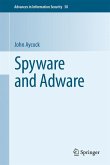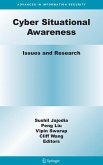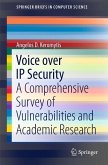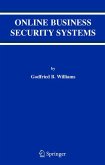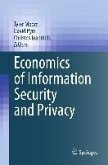Identifying Malicious Code through Reverse Engineering provides information on reverse engineering and concepts that can be used to identify the malicious patterns in vulnerable software. The malicious patterns are used to develop signatures to prevent vulnerability and block worms or viruses. This book also includes the latest exploits through various case studies.
Identifying Malicious Code through Reverse Engineering is designed for professionals composed of practitioners and researchers writing signatures to prevent virus and software vulnerabilities. This book is also suitable for advanced-level students in computer science and engineering studying information security, as a secondary textbook or reference.
Dieser Download kann aus rechtlichen Gründen nur mit Rechnungsadresse in A, B, BG, CY, CZ, D, DK, EW, E, FIN, F, GR, HR, H, IRL, I, LT, L, LR, M, NL, PL, P, R, S, SLO, SK ausgeliefert werden.
Hinweis: Dieser Artikel kann nur an eine deutsche Lieferadresse ausgeliefert werden.



